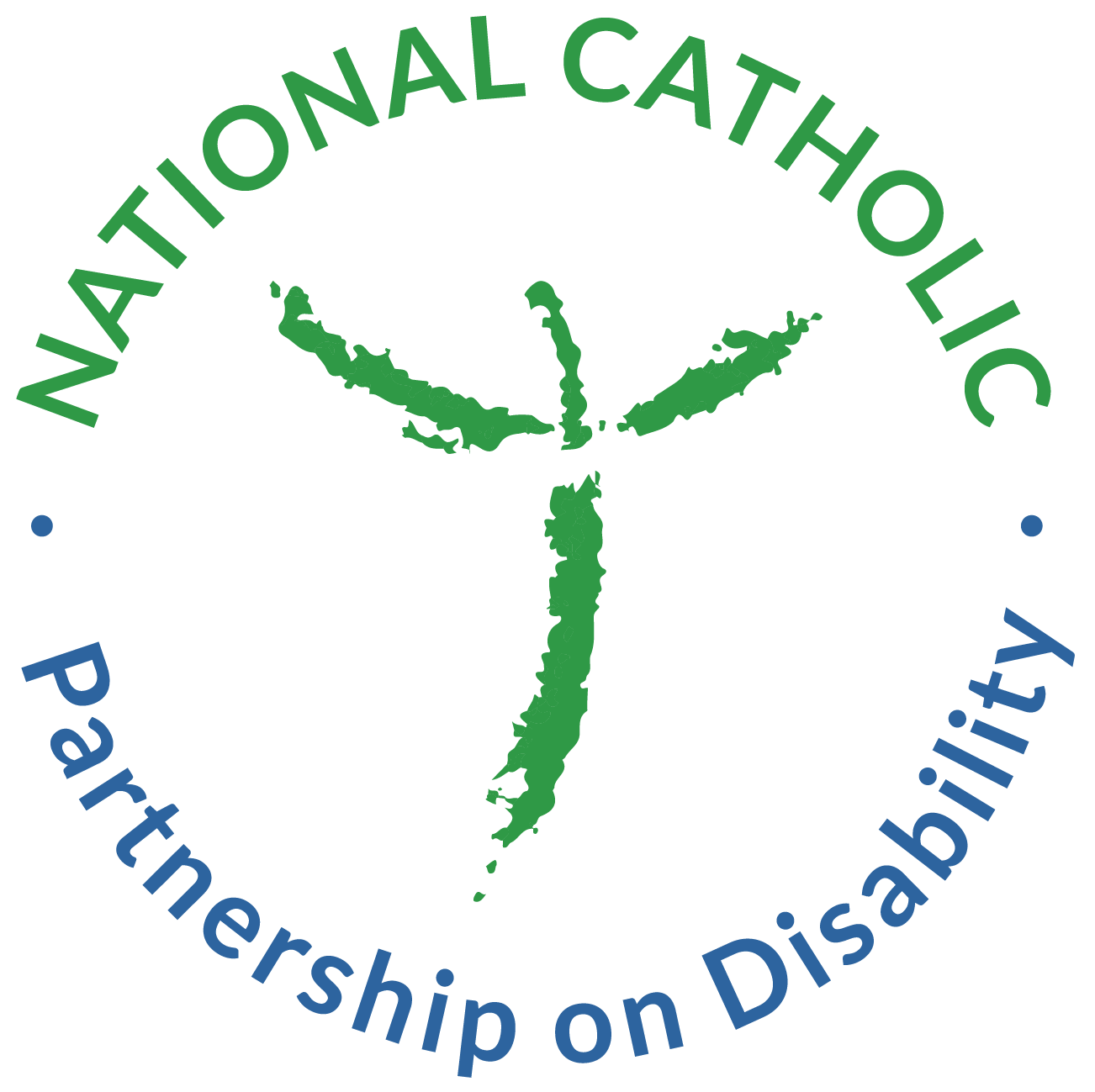Deacon Tom Lambert
This past summer, the American Psychiatric Association invited 30 people from across the country to their headquarters in Washington DC. Half were psychiatrists and half were people involved in ministry to and for people with mental illness and their families. I was privileged to be one of the attendees.
It was a historic event for several reasons. For years (25 in my experience and much longer) there has been this tension between psychiatry and religion. Often a distrust of each other.
In recent years, with the research into how the brain functions and an understanding of how spirituality heals us and empowers us, the tension is evaporating. One of the reasons for that, I believe, is that we have gone from a medical model of treating people to a recovery model where our illnesses are treated and managed in a way that sees a person as a person not an illness! Part of the recovery process is OR should be encouraging a healthy spirituality. The meeting in DC started a discussion on how faith communities and the psychiatric community could work together to promote recovery. It will culminate in a presentation at the APA annual meeting in 2015 with recommendations on how to work together.
In makes so much sense doesn’t it? We should be treating the whole person not just symptoms or illnesses. Recovery is more than just managing symptoms or an illness, recovery is leading a life that is fulfilling and purposeful. You and I know that meaning and purpose in our lives center on our relationship with our God. Wholeness and Wellness include a healthy spiritual life.
A Native American healer Annie Kahn, who is Navaho, says "Without exception, spirituality is inherent in healing. Spirituality is healing. Spirituality is power. No medicine woman will say that she has power because the power belongs to the Great Spirit. It is not hers!
As people of faith, We believe God is our ultimate healer. Doctors, therapists, and medicines are an integral part of treating illness but we are more than an illness, we are spiritual beings. In our reading from Isaiah, we hear “a bruised reed he will not break.” To deal with a mental illness is not easy. As a father of a person with a mental illness, I know how difficult it can be to get help, to navigate the mental health system. It calls for an inner strength that you and I know comes from our God.
In her book “Sacred Therapy: Jewish Spiritual Teachings on Emotional Healing and Inner Wholeness” Estelle Frankel says "….spiritual healing is essentially about breaking out of the narrow prison of our own personal heartbreak to enter the heavenly palace of compassion and connection. It is about how the human heart can be broken open so that the veils that keep us separate from one another and from our connection to the divine can be removed."
When my daughter was first diagnosed with a personality disorder and had to be hospitalized some 25 years ago, there was two ways I could go, I could let my anger eat me up inside or turn my anger into advocacy. Because of my faith, I became an advocate both as a NAMI member and eventually state president and as a co founder of the Archdiocesan Commission on Mental Illness and co-founding the National Catholic Partnership on Disability’s Mental Illness council.
As the reading from Mathew tells us, I believe when we love God and our neighbor, as all religions teach us, miracles do happen. We begin to accept one another not for who we want them to be Or for who society says they should be but rather we accept one another for who they are! People with gifts and talents who have something to offer each one of us. In my 25 plus years of advocacy and ministry, I have been blessed to meet so many people and families that have nourished my faith and strengthened my resolve. It truly is entering into that heavenly palace of unconditonal love that is such a liberating and empowering way to live our lives. True happiness comes from an inner peace and inner strength that is nourished as the Gospel writer Mathew tells us by loving God and by our love for one another.

